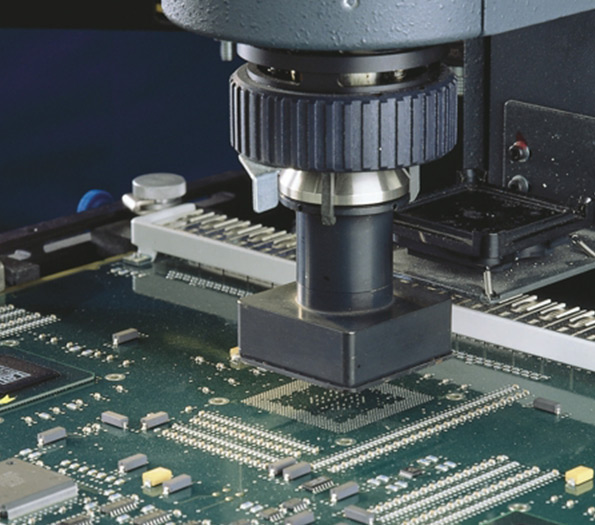

The Advantages and Applications of Toughened Plain Glass
Toughened plain glass, often referred to as tempered glass, is a remarkable material that has transformed the glass industry and various fields of construction, design, and engineering. Its unique manufacturing process and properties make it significantly stronger and more durable than standard glass, thus enhancing safety, aesthetics, and functionality in numerous applications.
Manufacturing Process
The process of creating toughened glass involves heating it to temperatures exceeding 600 degrees Celsius and then rapidly cooling it. This thermal treatment introduces compressive stresses on the surface of the glass, allowing it to withstand greater impact and temperature fluctuations. As a result, toughened glass is about five times stronger than ordinary glass of the same thickness. In the event of breakage, it shatters into small, blunt pieces, significantly reducing the risk of injury compared to traditional glass, which can break into sharp shards.
Safety Features
One of the most outstanding features of toughened plain glass is its safety benefits. Due to its strength and the manner in which it breaks, it is ideal for environments where safety is paramount. This is particularly important in residential and commercial buildings, especially in areas such as shower doors, glass railings, and windows that face high winds or potential impacts. Architects and builders often favor toughened glass for its ability to provide a safer environment without sacrificing aesthetic beauty.
Thermal Resistance
Toughened plain glass is also known for its excellent thermal resistance. It can endure significant temperature changes without cracking or warping, making it suitable for a variety of applications where temperature fluctuations are a concern. For instance, in restaurants or cafes with large glass windows, toughened glass can resist the heat generated by cooking appliances or the cold from air conditioning. This thermal stability is critical not only for the longevity of the glass but also for maintaining comfort within the built environment.

Aesthetic Appeal
Beyond its physical properties, toughened plain glass is highly valued for its aesthetic appeal. It provides clarity and transparency that enhances the visual experience of any space. The sleek, modern appearance of toughened glass allows it to blend seamlessly into contemporary architectural designs. Whether used in facades, skylights, or interior partitions, toughened glass elevates design by creating an open and airy feel.
Versatile Applications
The versatility of toughened plain glass extends to various industries, including automotive, hospitality, and retail. In vehicles, toughened glass is utilized for windows to ensure safety and durability. In the hospitality industry, restaurants often employ toughened glass for table settings or partitioning to create elegant yet safe dining spaces. Retail environments benefit from the use of toughened glass in storefronts and display cases, enhancing visibility and attracting customers while ensuring safety.
Sustainability Considerations
As sustainability becomes an increasingly important factor in construction and design, toughened plain glass also stands out for its eco-friendly attributes. It is fully recyclable, which helps to reduce waste in landfills and promotes sustainable building practices. Many manufacturers are now focusing on creating toughened glass using processes that consume less energy, aligning with global initiatives to adopt greener practices.
Conclusion
In summary, toughened plain glass represents a significant advancement in glass technology, offering numerous benefits that enhance safety, aesthetic appeal, and functionality across various applications. Its robust properties, coupled with thermal resistance and aesthetic versatility, make it a preferred choice in modern architecture and design. As industries continue to prioritize safety and sustainability, the role of toughened glass is undoubtedly set to expand, making it a compelling topic for future developments in materials science and engineering. Whether in residential, commercial, or automotive applications, toughened plain glass stands as a testament to innovation, transforming how we perceive and utilize one of the most fundamental materials in our lives.